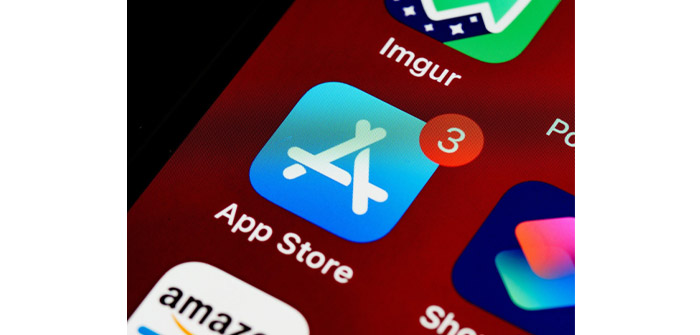Photo by Brett Jordan on Unsplash
Apps are a part of everyday life for millions of smartphone users every day. They can provide a quick and easy way for users to access and manage their finances, stream their favorite music and movies, play games, shop online, place bets, control their lights, and connect with friends and family.
Users will have a wide choice of free, paid, and in-app purchase models to choose from, with many providing access after a simple download.
The biggest app platforms are Google Play and the Apple App Store which provide users of Android and iOS operating systems with an extensive selection of apps to download.
In some cases, users may have to provide some personal information to sign up, but is this a good or a bad thing? As with any new tech, some nuances will need to be considered. What might suit one user could inconvenience another. That is why we are looking at the pros and cons of app signups below.
The Pros of App Signups
Security
Signing up for an app can help to increase user security and protect sensitive information. Choosing a strong, unique password will offer strong protection against hackers, and two-factor authentication (2FA) is also offered on some apps.
2FA requires the user to provide two forms of evidence before being granted entry to a system. This will typically include entering your unique password and username, as well as another factor which can include entering a code that is sent to your mobile device or email.
Personalization
Signing into an app allows the app designer to track your behaviors and personalize your experience. This can include being sent offers based on previous purchases or gameplay.
The gambling industry specializes in personalized app features to ensure they provide the best experience in a competitive market. This means players can enjoy great signup bonuses and loyalty schemes while betting on their favorite markets. Those who prefer privacy can explore the range of mobile sites by Techopedia to play online casino games from their phone anywhere, at any time.
Data Retention
Data retention is great for gaming apps where players can save the progress they make in a variety of games. It is also useful for shopping and fintech apps where users might want to access their details quickly.
Social Media Integration
Social media integration can be a great way to share deals and offers or even invite friends and family to an app. Users are often offered incentives to share across social media platforms and to invite other users as a marketing technique by app creators.
The Cons of App Signups
Long Onboarding Process
Having to fill out all your details can be a laborious process that puts people off. It can also involve having to verify your account by waiting for an email, which can make the signup process even longer.
Privacy Concerns
While many apps that require signups will offer robust security, the fact remains that you will have to enter potentially sensitive data. As cybercrime techniques become ever more sophisticated, app designers have to keep up to date with the latest security protocols to keep user details as safe as possible.
Password Issues
Have you ever tried to enter an app and it tells you your email is wrong, only for it to tell you not to use an existing password when trying to reset it? This can be an extremely frustrating situation and most people can’t be bothered trying to remember a long list of secure passwords. This results in passwords being recycled and making it easier for hackers to access multiple accounts.
Fewer Signups
The risk that app developers take by demanding customers create an account is that they will simply look elsewhere. Having a customer’s email is great for marketing, but it can put some consumers off.




